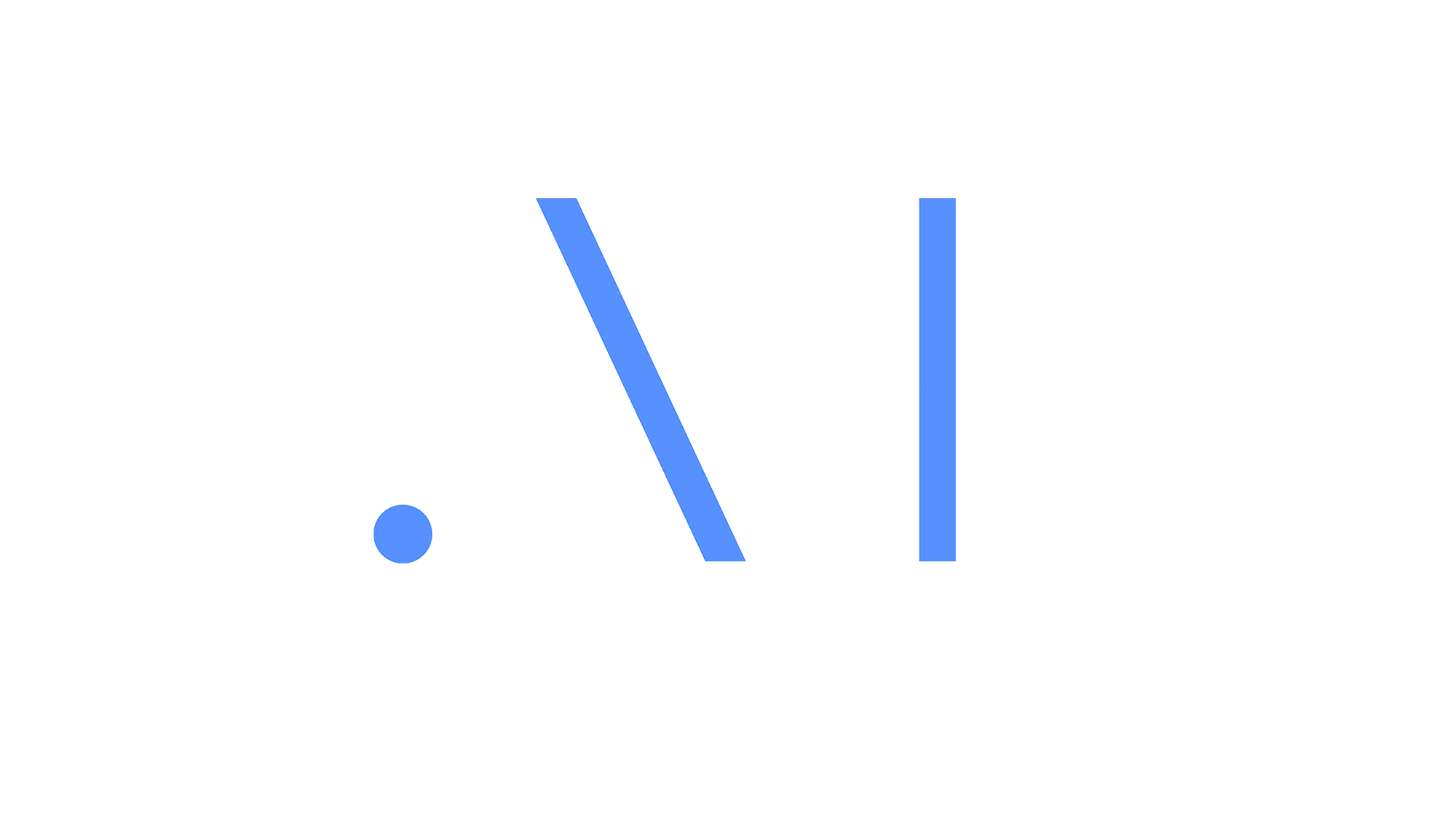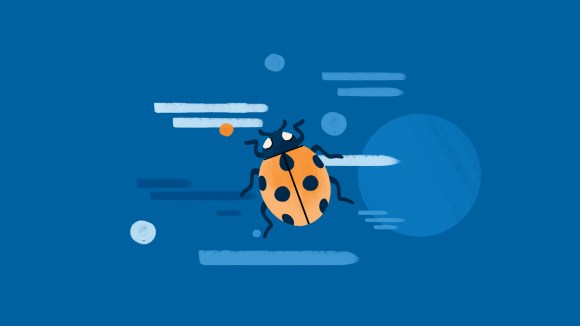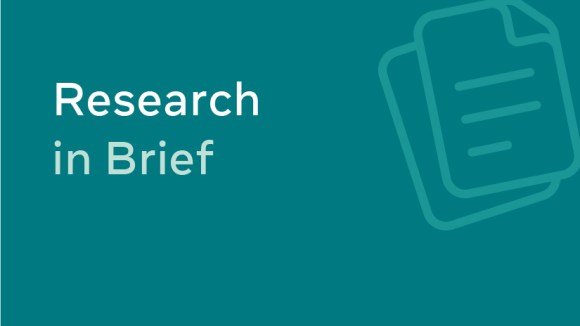This article originally appeared on newsroom.fb.com.
We created Facebook AI Research over four years ago to focus on advancing the science and technology of AI, and we’ve always done this by collaborating with local academic communities. FAIR relies on open partnerships to help drive AI forward, where researchers have the freedom to control their own agenda. Ours frequently collaborate with academics from other institutions, and we often provide financial and hardware resources to specific universities. It’s through working together and openly publishing research that we’ll make progress. Today, we’re announcing new additions to FAIR who are helping us build new AI-specific labs and strengthen existing offices:
- Pittsburgh: Jessica Hodgins will lead a new FAIR lab in Pittsburgh, which will focus on robotics, lifelong learning systems that learn continuously over years, teaching machines to reason, and AI in support of creativity. Jessica’s research focuses on computer graphics, animation, and robotics with an emphasis on generating and analyzing human motion. Her expertise will also benefit the Facebook Reality Lab already in Pittsburgh. She is joined by Abhinav Gupta, who will focus on large-scale visual and robot learning, self-supervised learning, and reasoning. Both Jessica, professor of robotics and computer science, and Abhinav, associate professor of robotics, will retain their Carnegie Mellon University positions part-time.
- Seattle: Luke Zettlemoyer recently joined our Seattle office, where we have AI Research and Computational Photography teams. He brings expertise in natural language processing to Facebook while retaining his associate professor position in the Paul G. Allen School of Computer Science & Engineering at the University of Washington. His research will focus on computational semantics, including deep learning methods for multilingual language understanding.
- London: Andrea Vedaldi will join our London office, where he will focus on computer vision and machine learning. He will retain his associate professor of engineering science position with the University of Oxford, where he also co-leads the Visual Geometry Group. Within FAIR he will be researching image understanding, specifically on unsupervised learning through large and diverse visual datasets and by understanding geometric 3D reasoning. He will also continue to teach and supervise research students at the University of Oxford, several of whom will be supported by Facebook through PhD scholarships. Also joining us in London is the team behind Bloomsbury AI, which we announced earlier this month. They have a strong background in natural language processing and will use that expertise to continue pursuing research in text understanding and reasoning systems.
- Menlo Park: Jitendra Malik, one of the most influential researchers in computer vision, recently joined from UC Berkeley to lead FAIR out of Menlo Park. He has been influential in shaping Berkeley’s AI group into the exceptional lab that it is today, and we look forward to his help in continuing the growth of FAIR. He will retain part-time affiliation with UC Berkeley to advise students, and the Berkeley AI Research Lab is one of several receiving funding from FAIR.
This dual affiliation model is common across FAIR, with many of our researchers around the world splitting their time between FAIR and a university. Rob Fergus and I do this with NYU, Joelle Pineau with McGill, Devi Parikh and Dhruv Batra with Georgia Tech, Pascal Vincent with Université de Montréal, Iasonas Kokkinos with University College London, and Lior Wolf with Tel Aviv University. This model allows people within FAIR to continue teaching classes and advising graduate students and postdoctoral researchers, while publishing papers regularly. This co-employment appointment concept is similar to how many professors in medicine, law, and business operate.
Part of our commitment to academia and local ecosystems is also investing in them and providing tools they need to thrive. As we’ve done in the past, we plan to support a number of PhD students who will conduct research in collaboration with researchers at FAIR and their university faculty, or on topics of interest to FAIR under the direction of their faculty. We’re also providing millions in funding to the schools from which we’ve hired. This allows the professors to spend less time fundraising for their labs and more time working with their students.
For students, association with FAIR can provide collaboration opportunities with researchers who have a broad set of expertise and the computational resources to pursue large-scale learning research. It also provides a platform for students to showcase their research and ground it in real-world problems at scale. Beyond collaborations, we also offer fellowships and emerging scholars programs to support promising doctoral students. We’re constantly evaluating what opportunities we can offer students, and most recently increased the number of PhD fellows with FAIR Paris’ CIFRE program from 15 students to 40, granted new scholarships to students, and funded 10 servers for French public institutions. We will assess how to bring similar investments to other FAIR offices around the world.
We’re excited to continue investing in academia, educating the next generation of researchers and engineers, and strengthening interaction across AI disciplines that can traditionally become siloed. Thank you to all the academics around the world who are collaborating with FAIR to advance AI.










